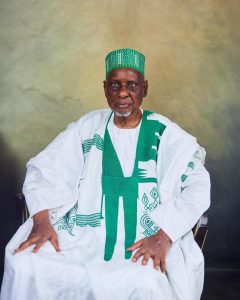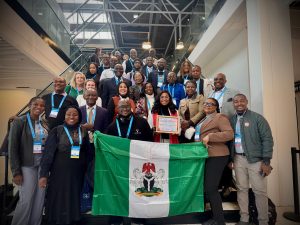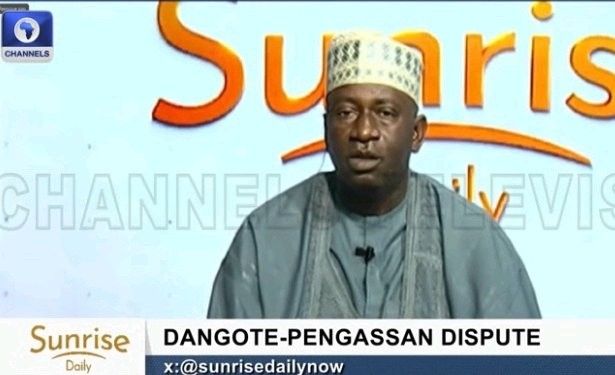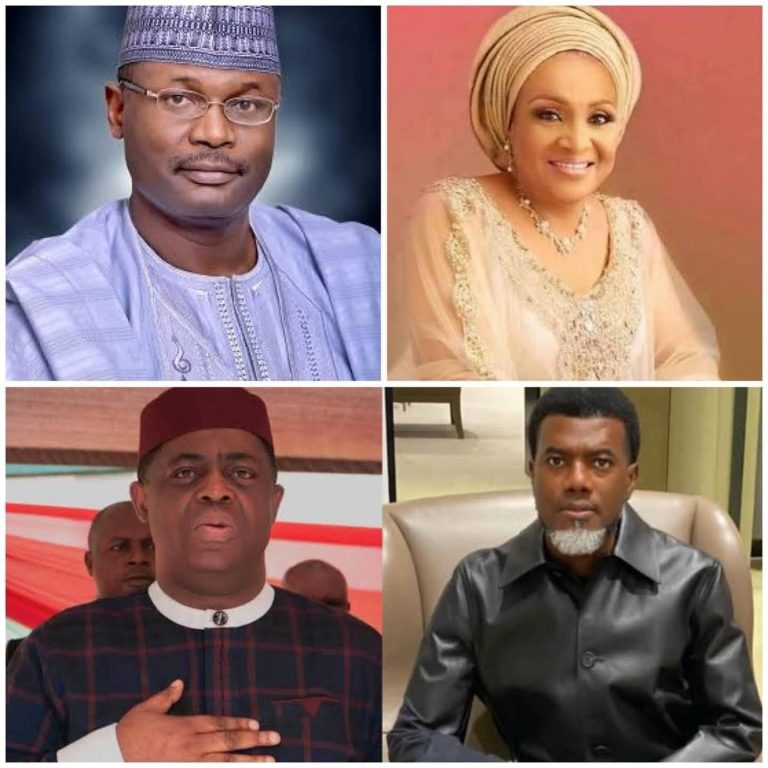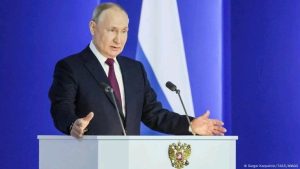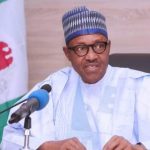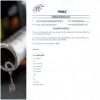NUPENG, PENGASSAN Accused of Inflating Nigeria’s Fuel Prices with Illegal Levies and Extorting’ Nigerians.
A industry insider alleges that unofficial levies from NUPENG and PENGASSAN are a silent, significant driver of the ever-increasing price of petrol in Nigeria.
In a startling revelation that points to a hidden layer of cost in Nigeria’s petrol supply chain, the head of a key distributors’ association has publicly accused two major petroleum unions of systematic extortion, claiming the financial burden ultimately falls on every Nigerian who buys fuel.
Mr. Lawal Danzaki, the National President of the Association of Distributors and Transporters of Petroleum Products (ADITOP), made these allegations during a recent television interview, painting a picture of a forced levy system that inflates the final price at the pump.

Danzaki’s central claim is that the Petroleum and Natural Gas Senior Staff Association of Nigeria (PENGASSAN) and the Nigeria Union of Petroleum and Natural Gas Workers (NUPENG), specifically its Petroleum Tanker Driver (PTD) branch, are collecting daily fees from truck owners and filling station marketers who are not their members.
“As I’m talking to you now, the NUPENG PTD are getting a lot of money on a daily basis from the truck owners and the marketers of filling stations, whereby we are not their members,” Danzaki stated. “Somebody that owns a filling station, a marketer, is not a NUPENG member or PENGASSAN. Somebody that owns a truck is not their member, but they will put their shop at any depot that is loading. We must pay them between ₦100,000 to ₦150,000 before our truck loads.”
READ: From $19Bn to $120Bn: VP Shettima Reveals What Dangote Gave Up for Nigeria
The most impactful part of Danzaki’s testimony connects these upstream levies directly to the pain felt by ordinary citizens. He argued that these unofficial charges are simply factored into the operational costs and passed down the line.
“And this kind of money we are giving them, they are extorting us and at the end we are extorting Nigerians. The burden is going back to the Nigerians,” he explained. In a powerful summation, he alleged, “Anybody that buys one liter in Nigeria, the NUPENG and PENGASSAN are getting money out of that.”
This claim suggests that beyond global oil prices, foreign exchange rates, and official taxation, a significant unofficial “union tax” is embedded in every liter of fuel sold.
Danzaki further criticized the unions for what he perceives as an overreach into private enterprise. He cited the example of the Dangote Refinery, alleging that the unions attempted to control its operational schedule.
READ: Soldier Sentenced to Death for Murdering Man Who Gave Him a Lift
“Dangote built his refinery. They wanted to control his refinery, dictating when he would work and when he would not work,” Danzaki stated. He urged the unions to refocus on their core mandate: “They know that their union is to help their workers and they will get their entitlement from the dues they are collecting from the salary of their workers.”
He emphasized the principle of voluntary association, a cornerstone of labour law, stating that the unions “should not force people to be their members.”
These allegations from a sitting industry president open a new front in the national debate over Nigeria’s costly fuel paradigm. If proven true, they reveal a structural inefficiency and a form of syndicated pressure that contributes to the high cost of living.
The ball is now in the court of the accused unions to respond to these serious claims. For regulators and policymakers, Danzaki’s interview serves as a direct challenge to investigate the shadowy costs within the fuel distribution system and protect both legitimate businesses and the final consumer from bearing the burden of what he describes as extortion.
Until this “hidden tax” is addressed, the suggestion is that every trip to the filling station may include a fee that never appears on the pump’s price display.
Discover more from TOKTOK9JA MEDIA
Subscribe to get the latest posts sent to your email.
